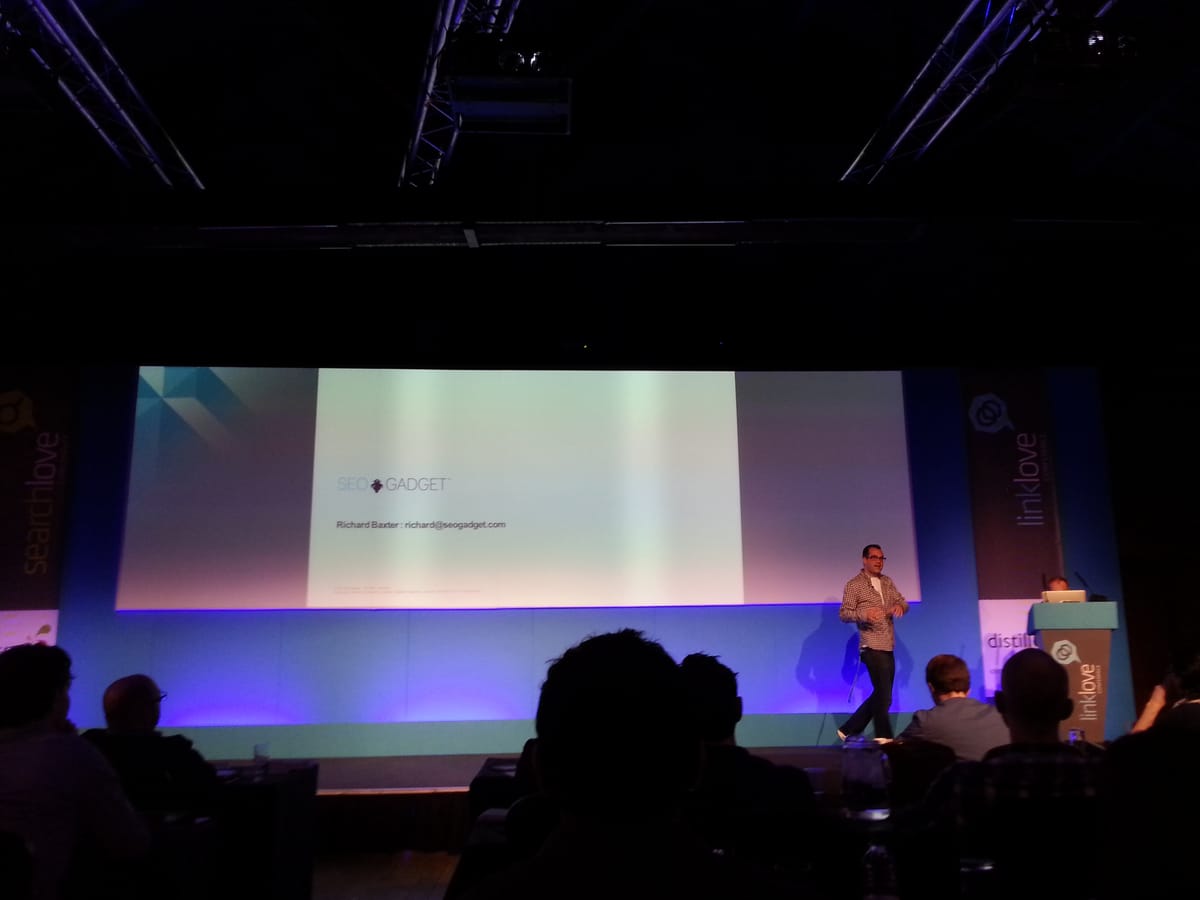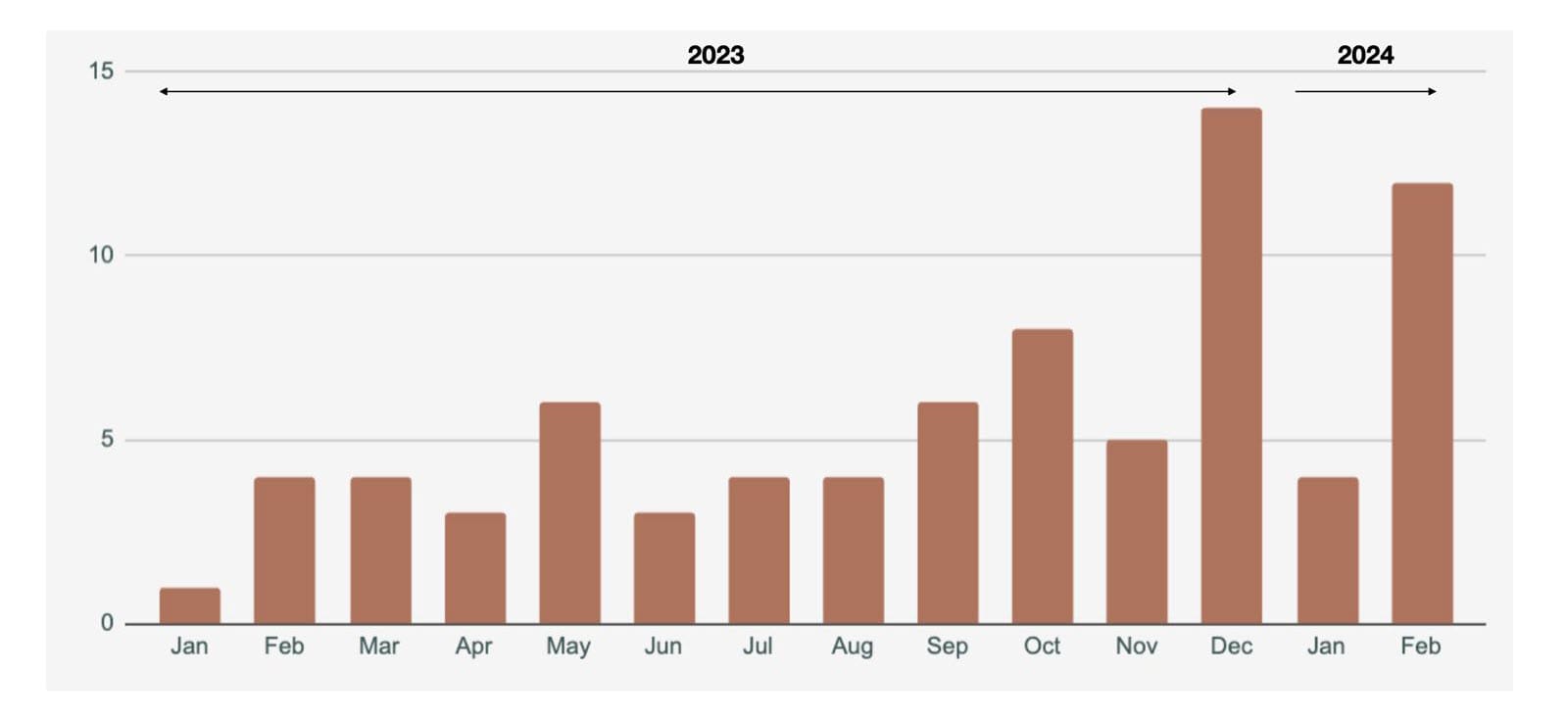Advice For Early Founders
Today I'm sharing some advice for Founders who might be at an early stage, or just beginning to consider their first steps.

You've considered your world and your future. Setting up a business and beginning to build upon your idea is probably at the front of your mind. It's daunting stuff!
Why move from the safety of full-time employment to something, riskier?
Perhaps you've already taken this leap, and you're reading this sitting at your desk - surrounded by your early hires.
I have been that Founder, too. And in my first article, I want to share a few important lessons based on what I've learned.
My Founder period tells a mostly happy tale, with some mistakes made and some decisions that turned out to be good ones. Luckily!
It's very easy to avoid looking at your weaknesses. You're the boss, so, you should know everything shouldn't you?
Of course not! Founders tend to be highly product-orientated individuals who have ideas and a craft in demand. This ought to translate to a very good start; after all, you only need demonstrable performance through the whatever it is you do.
At this stage, all you need is a bit of coverage. Conference speaking, a good network, a credible website and evidence of your effectiveness are enough to get started.
Your first hire is always the biggest leap. Hire someone who has the potential to be better than you at the things you're most busy with. In my early stage, I quickly became overloaded by front-line work. This stifled my growth.
Always think delivery: keyword research, and technical audits - these were things that were important to me but doing the work created barriers to growing the business. My first hire (who is still at BV today) brilliantly shared the weight of these things, releasing me to network and pitch for more business.
Releasing barriers to growth is just as important now as it was then. I helped put a Marketing Manager in place to enable a Founder to get on with capitalising on their strengths - networking and selling. This is what happened:

This was simply a case of recognising where the barriers to growth could be found.